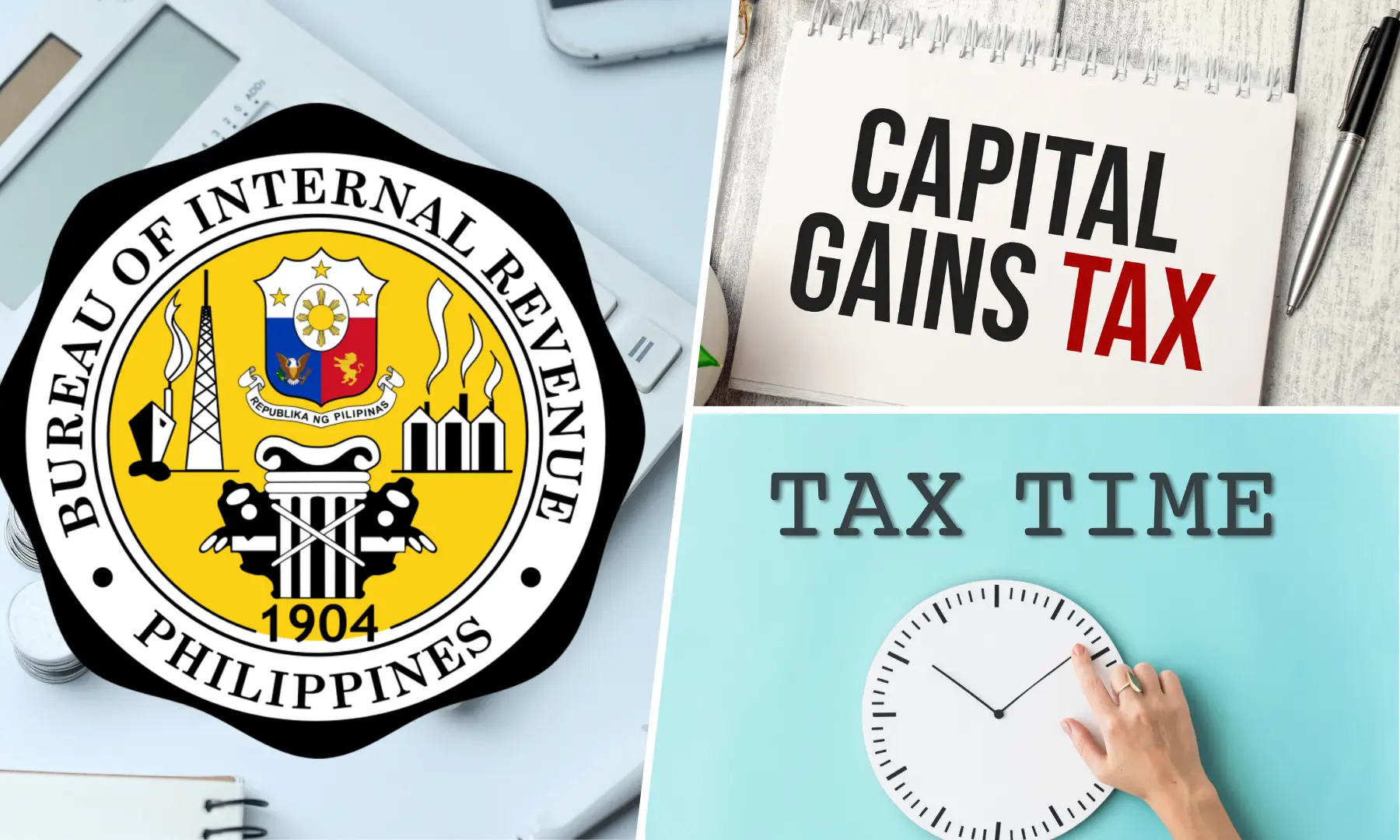How to Save on Capital Gains Tax When Selling Your Home: The Section 121 Exclusion

Qualifying for the Section 121 Exclusion
When you sell your home you might worry about paying a big tax called a capital gains tax. But there is a way to save some money on this tax. Its called the Section 121 Exclusion. This rule lets you exclude up to $250,000 or $500,000 if you are married of the profit from selling your main home from being taxed.
To use this rule you must meet a few rules. First the home you are selling must have been your main home for at least 2 of the past 5 years. Second you cannot have used this rule in the past 2 years. If you have already used it you will have to wait for 2 years to use it again.
Exceptions and Considerations
But there are some exceptions to this rule. For example if you got the home through an exchange you must have held it for 5 years. Also if you rented out part of your home or used it for business you might not get the full benefit. Its smart to talk to a tax expert to understand how this rule affects you.
Avoiding Capital Gains Tax: Understanding the 121 Home Sale Exclusion Requirements
- Primary Residence The house you are selling must have been the main place you live in for at least two of the five years before selling it. The IRS says you can only have one main home at a time. The IRS uses many things to decide if a home counts as a main home.
- Frequency You can only use this rule once every two years. If you have already used it in the last two years you have to wait before you can use it again.
- Eligible Gains This rule only works for money you made when selling your home not for money you lost. Also if you made more than $250,000 or $500,000 if you re married you will have to pay tax on that extra money.
- Exceeding the Limit If you make more money than the limit you will have to pay tax on the extra money. For instance if you are single and you make $300,000 you will have to pay tax on $50,000 $300,000 $250,000
Home Sale Exclusion Exception
There are some situation where the rule about excluding money from selling a home don’t apply. For example if you give your home to your husband or wife or your ex-husband or ex-wife the IRS does not treat it as making money or losing money. There are also special rules for people in the U.S. military or if someone is getting separated or divorced or if someone dies. If you are selling land that does not have a house on it or if your house got destroyed or if you are swapping your house for another one or if you are making money from renting out your house the tax rules are different.
READ ALSO: “March 2024 Social Security Deposit Date Confirmed: Increased Benefits For Whom?”




